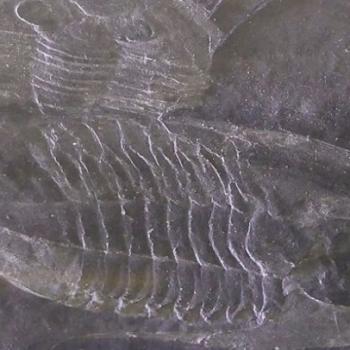Was Adam’s mate intended as a subservient assistant, or an equal partner? A lot hangs on the meaning of an innocent-looking Hebrew preposition in Genesis 2:18, where God says, “It is not good for the human to be alone. I will make for him a help(er) negedō.” What this little word means is foundational for the relationship of male and female in Biblical theology. Read more















